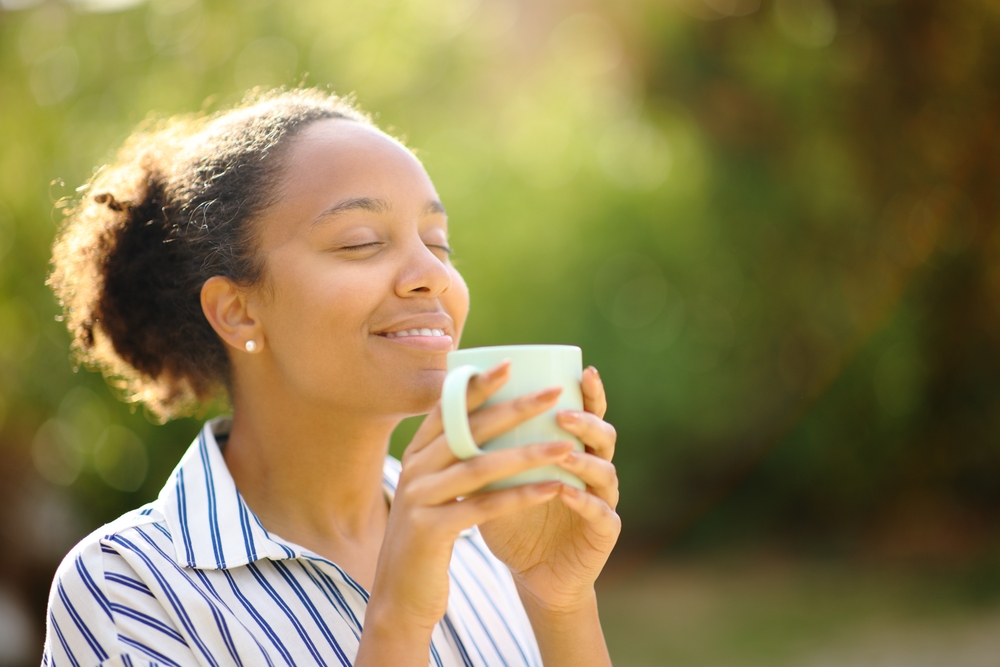As daily pressures mount in modern life, more people seek natural ways to manage stress and anxiety. While medication plays an important role for some, many find relief through lifestyle changes and mental wellness practices. Understanding these alternatives opens paths to better mental health management without pharmaceutical intervention.
Understanding the mind-body connection
Stress and anxiety manifest differently for each person, but their impacts on physical and mental health remain consistent. The body’s stress response, designed to handle immediate threats, can become chronically activated in today’s fast-paced world. This persistent state of alertness often leads to both physical symptoms and emotional strain.
Learning to recognize personal stress triggers helps develop effective management strategies. These triggers might include work pressures, relationship challenges, or environmental factors. Identifying them allows for more targeted and effective stress-reduction approaches.
The power of mindful practices
Mindfulness emerges as a cornerstone of natural stress management. This practice of present-moment awareness helps break the cycle of worried thinking about past or future concerns. Even brief daily meditation sessions can create noticeable improvements in stress levels and emotional balance.
Deep breathing techniques complement mindfulness practice, offering immediate relief during stressful moments. These exercises activate the body’s relaxation response, lowering heart rate and blood pressure while promoting a sense of calm. The portability of breathing techniques makes them valuable tools for managing anxiety in various situations.
Building physical resilience
Physical activity plays a crucial role in managing stress and anxiety naturally. Regular exercise releases endorphins, improving mood and reducing tension. Even modest activities like daily walks provide significant benefits for mental well-being.
Nutrition similarly influences anxiety levels and stress response. A balanced diet rich in whole foods supports brain health, while limiting caffeine and sugar helps prevent mood fluctuations. Adequate sleep proves equally essential, with consistent sleep schedules helping regulate both physical and emotional states.
Creating supportive environments
Social connections provide vital support during stressful times. Building and maintaining relationships with understanding friends and family members offers both emotional relief and practical assistance during challenging periods. Support groups can also provide valuable perspectives from others facing similar challenges.
Environmental factors significantly impact stress levels. Organizing living and working spaces helps create a sense of control and calm. Reducing exposure to digital stimulation, particularly before bedtime, allows the mind to properly unwind. Creating designated quiet times and spaces provides necessary respite from daily pressures.
Developing healthy coping mechanisms
Various relaxation techniques offer natural relief from stress and anxiety. Progressive muscle relaxation helps release physical tension, while creative activities like art or music provide emotional outlets. These practices, when regularly employed, build resilience against stress.
Time management strategies prevent the overwhelming feelings that often trigger anxiety. Setting realistic priorities and maintaining boundaries around commitments helps avoid the stress of overextension. Regular breaks throughout the day sustain energy and focus while preventing burnout.
Cultivating positive perspectives
Gratitude practices shift attention from stressors to positive aspects of life. Regular acknowledgment of daily blessings, however small, helps build emotional resilience. This mindset shift creates a buffer against anxiety while fostering a more balanced outlook.
Positive self-talk and affirmations support emotional well-being when practiced consistently. These techniques help counter negative thought patterns that often accompany anxiety, building confidence in handling challenging situations.
Professional guidance without medication
While self-help strategies prove valuable, professional support sometimes becomes necessary. Therapeutic approaches like cognitive behavioral therapy provide structured guidance for managing stress and anxiety. These methods teach lasting coping skills without relying on medication.
The journey to managing stress and anxiety naturally requires patience and commitment. Success often comes through combining various approaches, finding what works best for individual circumstances. While the process takes time, the resulting improvements in mental well-being make the effort worthwhile.
These natural strategies provide powerful tools for managing stress and anxiety, offering alternatives to medication when appropriate. Through consistent practice and a willingness to explore different approaches, many find significant relief from anxiety while building stronger emotional resilience for life’s
.
This story was created using AI technology.
















